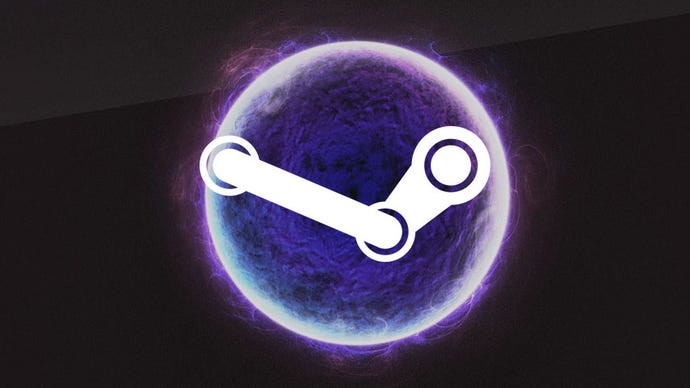Steam may no longer let you download old builds of games
Valve's latest Steam beta brings an end to a practice many users have been taking advantage of.
The latest Steam beta brought with it an unexpected change that may upset some sections of the user base. In short, the update added a new way for the client to verify a number of core details about any given game/app.
Steam does this by matching the app ID, depot ID, manifest ID, branch name and password with the most up-to-date app info. If a mismatch is found, the client can refuse the download. While this usually would be a good thing, by requiring this verification step, Valve is effectively preventing users from downloading anything but the most recent build of games/apps.
As SteamDB's Pavel Djundik explained, this is specifically a problem for modders, speed runners and game preservationists, who often roll back to earlier versions for a variety of reasons, including reverting to more stable, pre-patch builds. It's not yet clear whether these restrictions will apply to every game, or if they're simply being added as a tool to be deployed by developers where necessary.
Djundik pointed out, however, that older builds will likely continue to exist on Valve's storage, but will only be accessible by developers and not end users.
It's worth noting that this concept is not entirely new to Steam. Last year, Valve added a command that verifies the same information, but that was only present locally in the client. With the help of some third-party tools, savvy users could still download any builds of the game they want off of Steam's CDNs.
"Since Steam almost never deleted old builds from their servers, it allowed customers to legally obtain these older game builds," wrote Djundik.
"This 'undocumented' feature of Steam may be seen as a downside from developers and publishers' side, especially when it could be used to download pre-release builds if one had a manifest ID of these builds.
"It is not unheard of that people were able to acquire Denuvo-free builds because a developer did not upload an executable with Denuvo before the game's release. Valve's own games have been affected by this as well, where removed content/developer files were still present in pre-release builds."
This change could also have a big effect on the types of information SteamDB is able to track and display. The site may no longer be able to read file lists and their changes without owning each individual game.
The full blog post is worth a read if you're interested in how Steam handles authentication and file downloads, and the effects this could have on the wider community.
